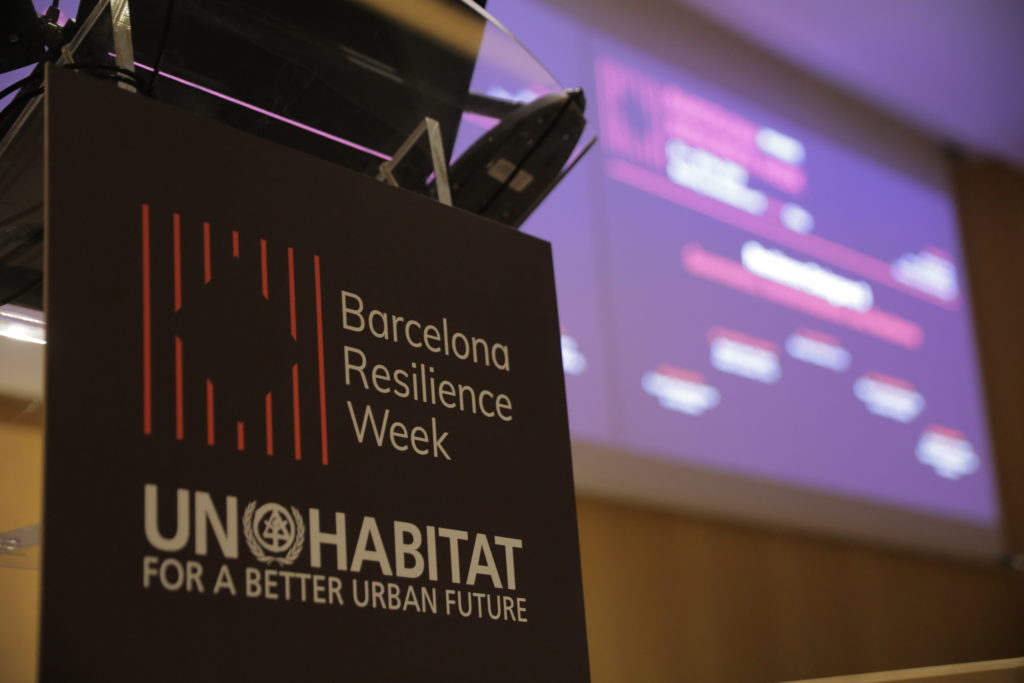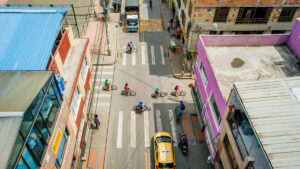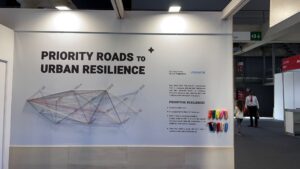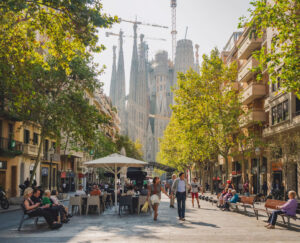The week-long event, composed of 6 dialogues and numerous workshops, sessions and networking events, brought together over 500 participants to develop and foster new working partnerships and collectively face the resilience challenges of our time.
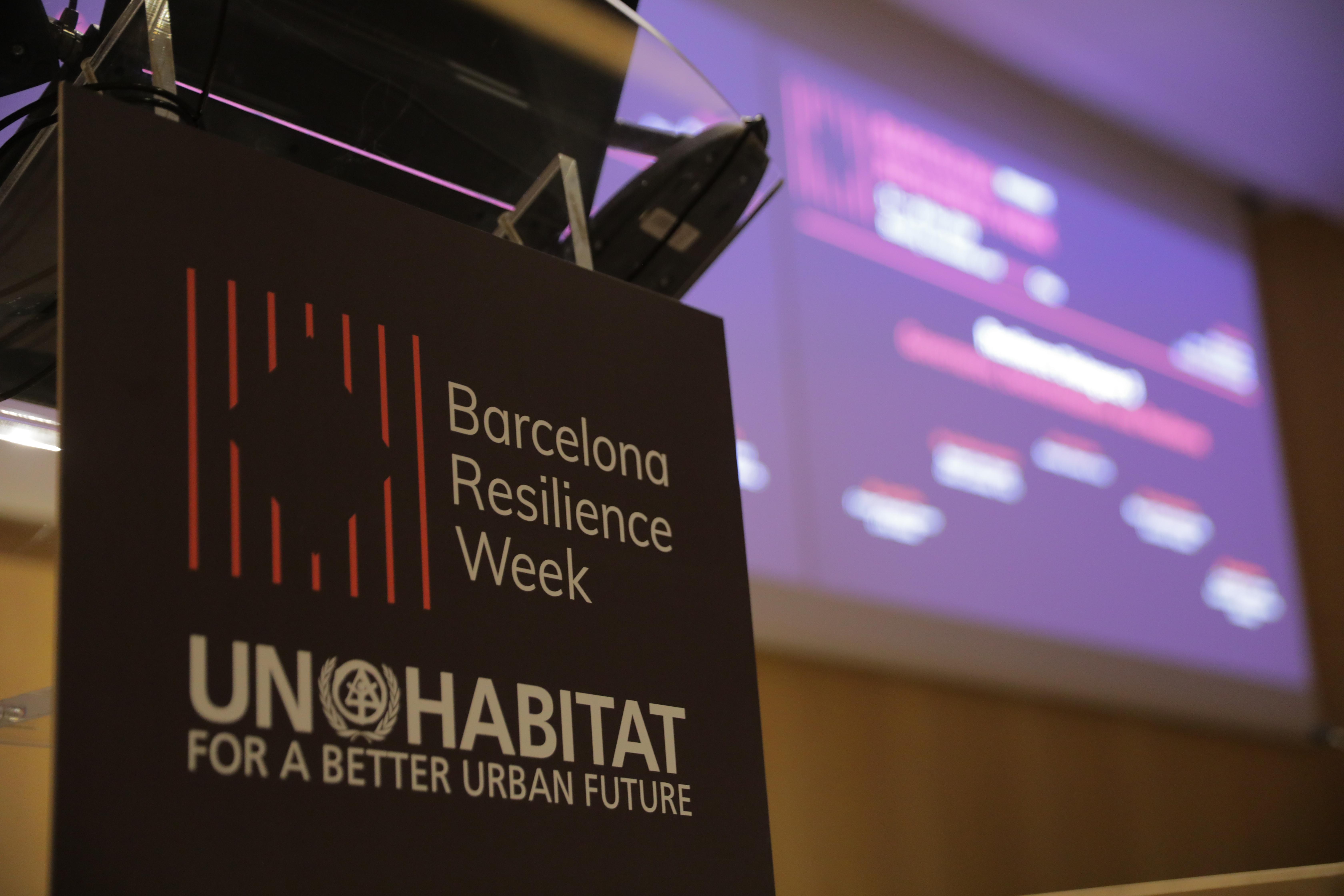
The objective of BRW (12-16 November)was to harness the commitment of initiatives such as the Making Cities Sustainable and Resilient action, the Making Cities Resilient Campaign, city-to-city cooperation programmes and good practices from cities, academia, private sector, and civil society, to scale-up resilience action at the global level. This objective was met and resulted in a growing interest in tools for action such as the City Resilience Profiling Tool and 10 Essentials.
The six key dialogue sessions addressed major topics that are both challenges and opportunities for cities to build resilience: Climate action, social resilience, informality, governance, partnerships, and humanitarian crises. Drawing on expertise from city leaders, academia, international organizations and innovators, participants had the opportunity to learn and interact around these issues and plan actions adapted to their contexts.
As a pinnacle of the Week and a symbol of new and innovative partnerships for action called for during Barcelona Resilience Week, a Letter of Agreement was signed between Port Vila Municipality and UN-Habitat in the presence of the Lord Mayor of Port Vila, Mr. Albert Sandy Daniel. Other city councils also used the opportunity of this large-scale gathering strengthen their city-to-city collaborations, including Barcelona, Gaza and Maputo.
In its first consultation on the future of the Making Cities Sustainable Campaign, the Campaign’s Steering Committee met on the 11th November and expressed preliminary commitment to continuing the campaign beyond its 2020 projected end. In addition, members were keen to push for resilience and DRR action as a core element to support municipalities move beyond awareness and advocacy alone.
The City Perspectives session held jointly by UN-Habitat and UCLG, brought together over 17 city representatives from all corners of the globe and drew on the 100 year old long standing commitment of local governments to improving city functionality and wellbeing. Participants appealed to global organizations such as UN-Habitat and UCLG to provide the necessary tools, guidance and spaces for all cities to build resilience, regardless of size, scale or challenges, and help empower them to fulfill their commitment to global development agendas such as the SDGs, Sendai Framework and New Urban Agenda.
Partner events including an innovative workshop on new resilience challenges organized by Six Fingers, a presentation of Guidelines on Housing Reconstruction Post-disaster supported by Axa, and the peer review session organized by UNISDR, also strongly contributed to the meeting the call for approaches to push forward resilience action. Site visits organized by Barcelona City Council allowed participants to witness first-hand how the city is addressing a number of resilience challenges such as Social Resilience and Basic Infrastructure.
A recurring theme throughout the BRW was how to reach those cities with the least capacity and how to adapt and tailor existing experiences to meet their needs. Ms. Christine Musisi, UN-Habitat Partnerships Division acknowledged that, ‘only by working with diverse partners and building lasting partnerships can this happen. UN-Habitat will be a pioneer in this area and the Barcelona Resilience Week 2018 has been an exercise in fulfilling this role’.
See the photos from the week.

